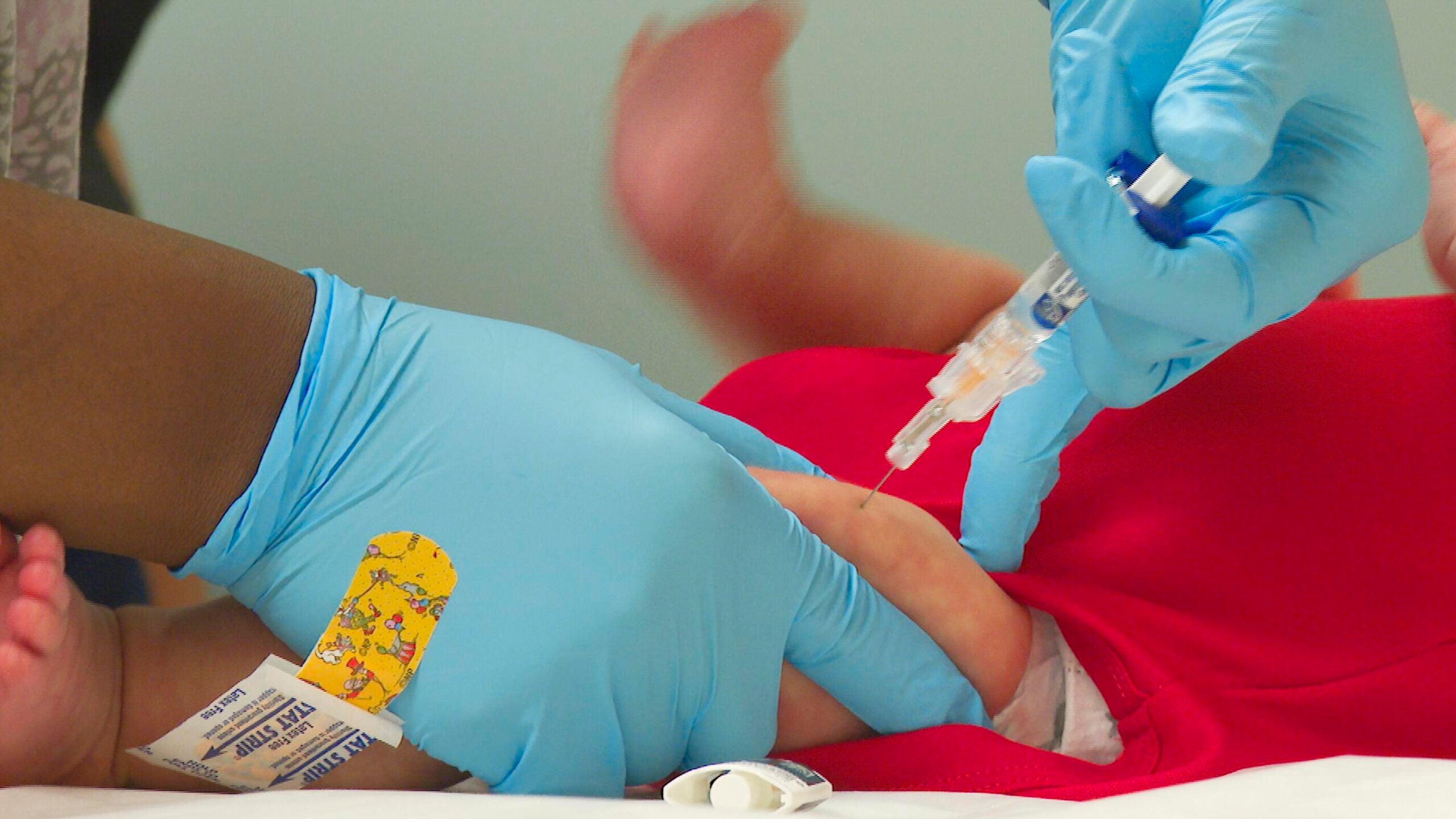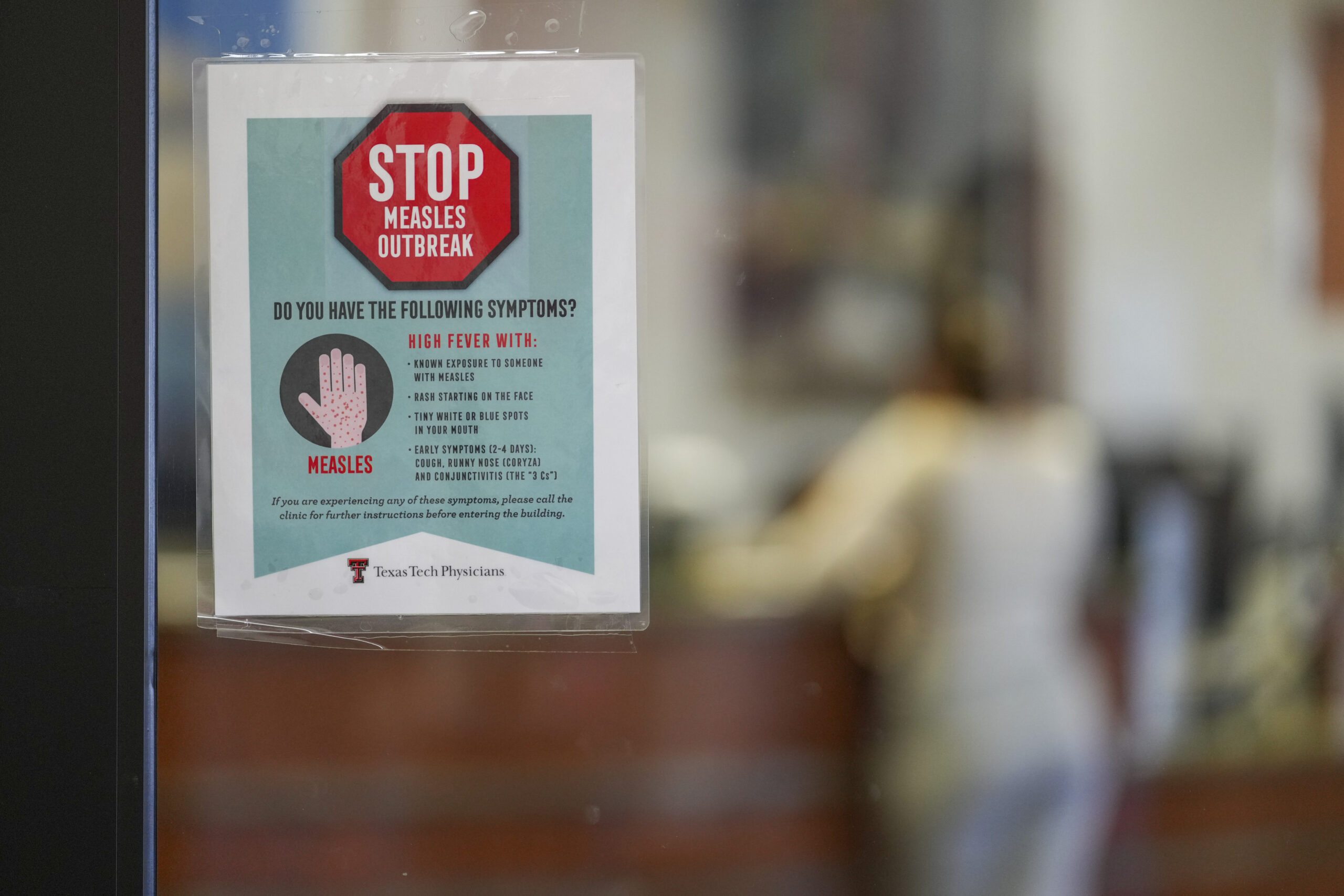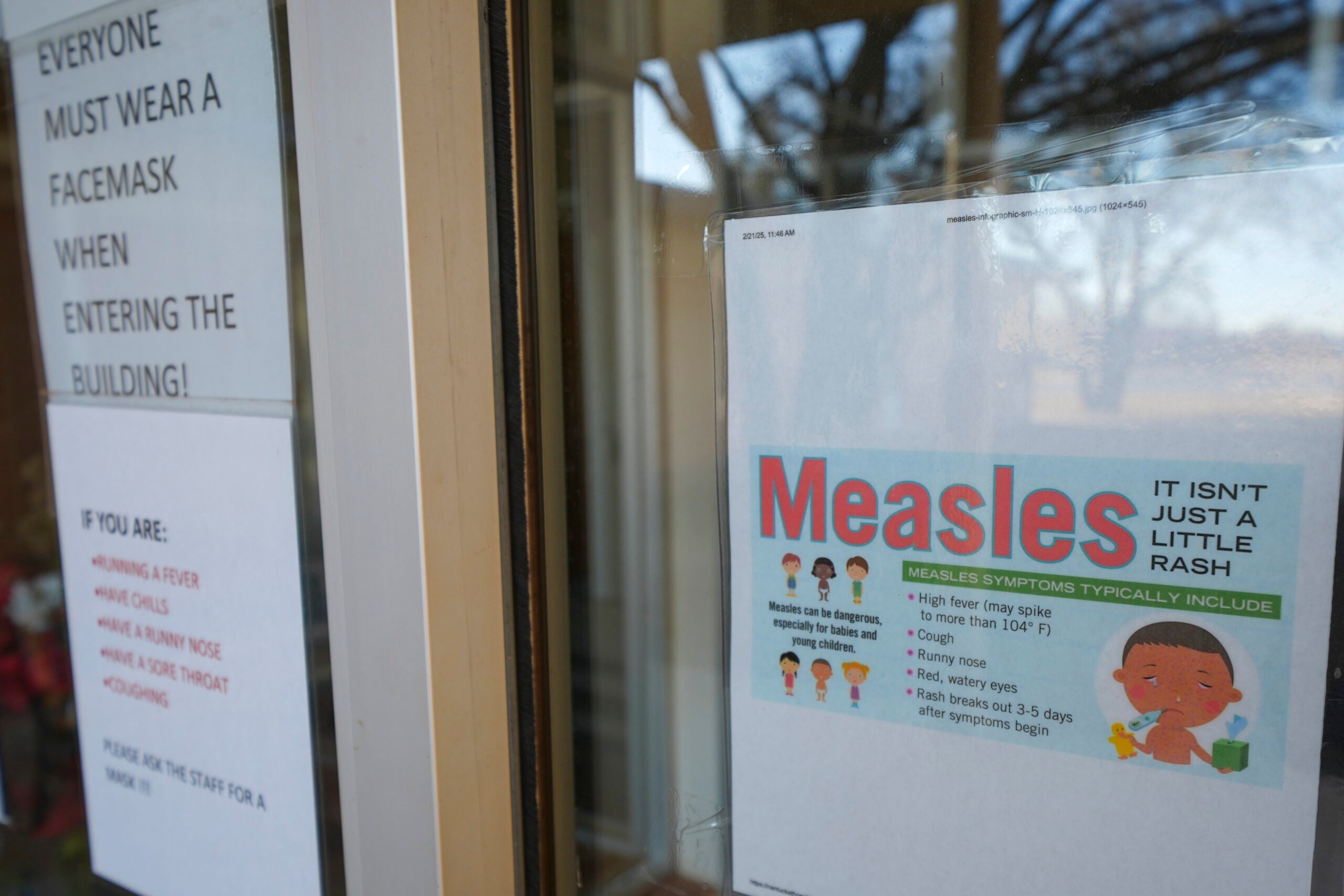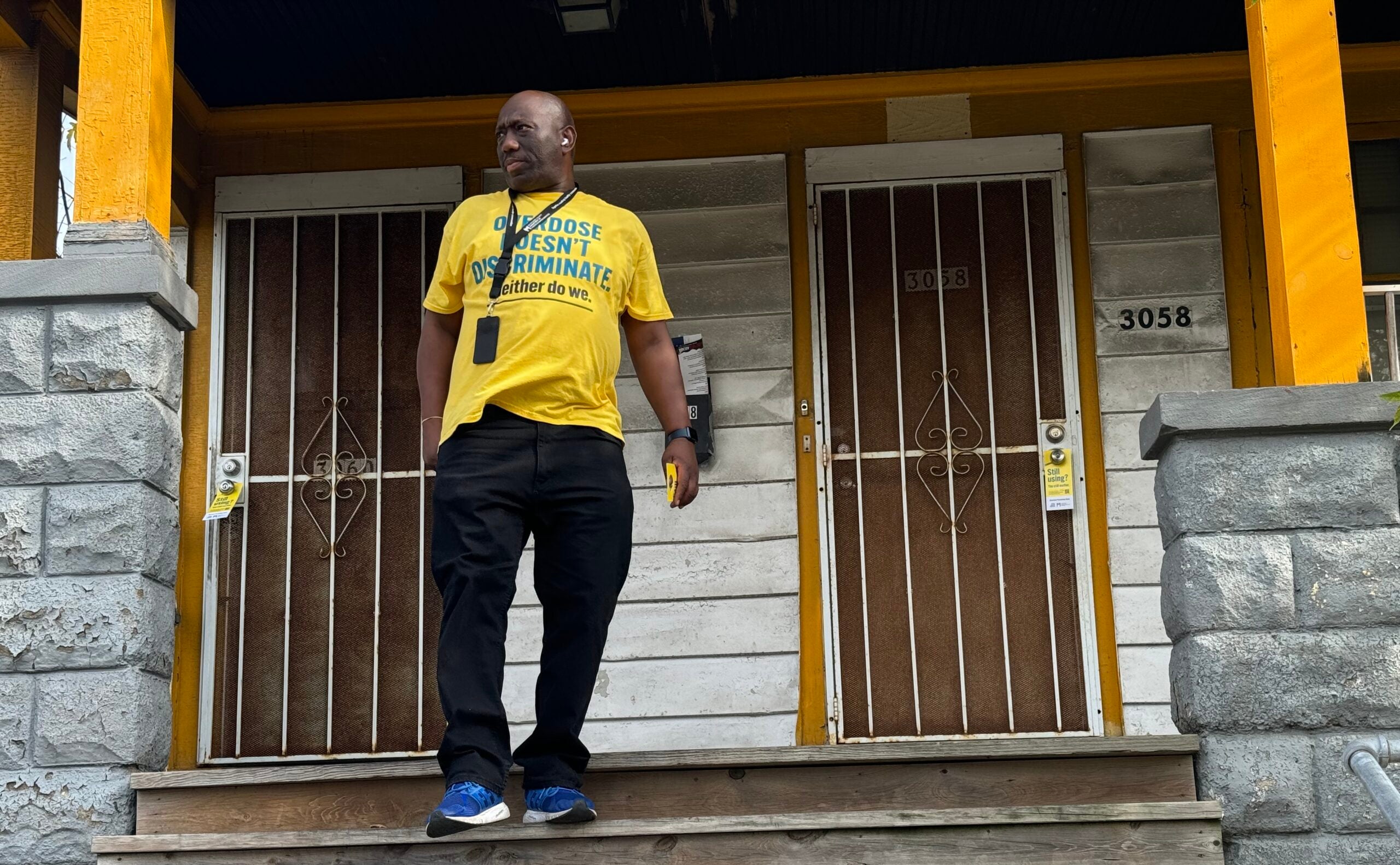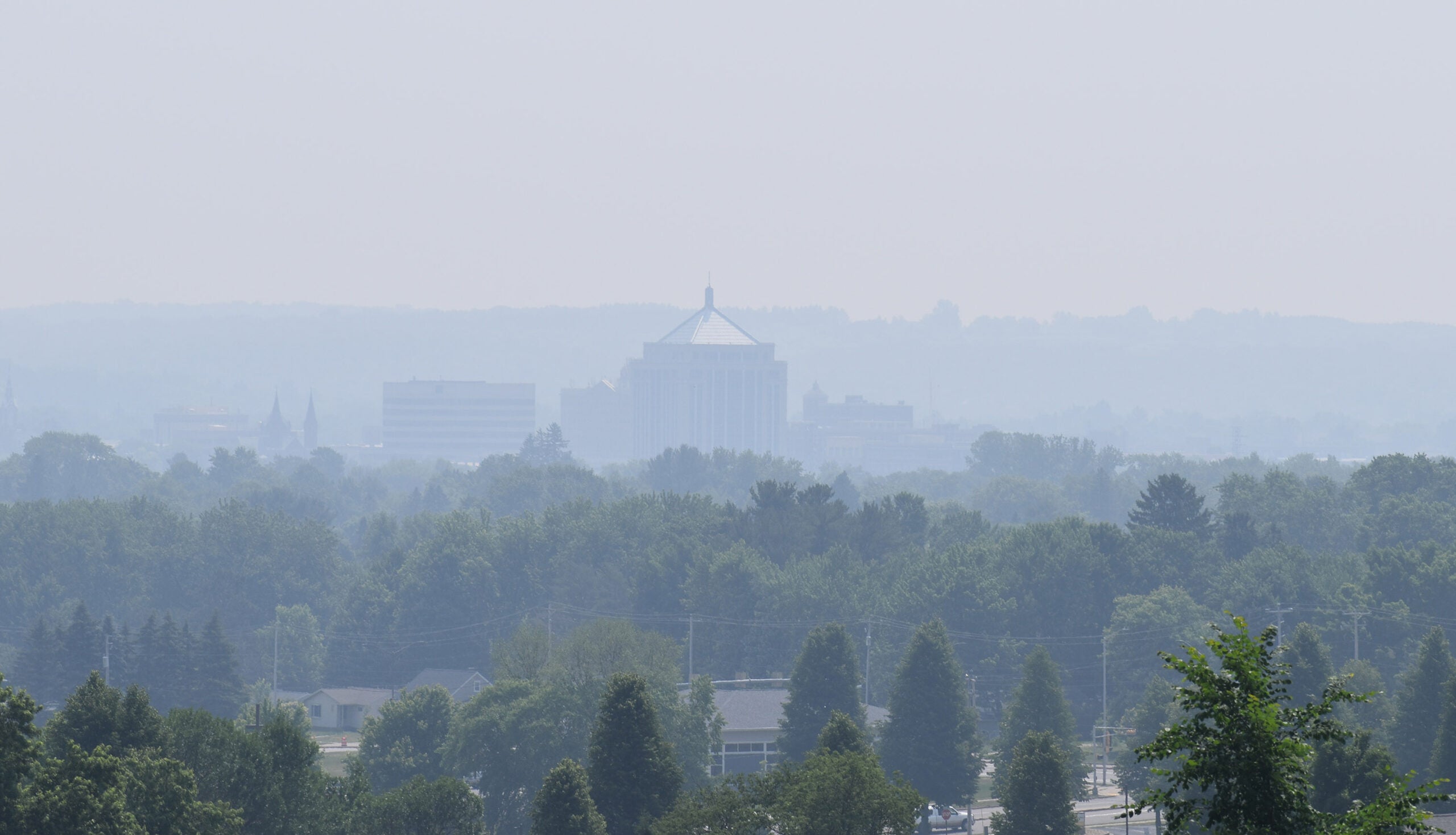As state lawmakers look for ways to reduce childhood obesity in the state, organizations working to improve community health outcomes say a “one size fits all” approach won’t be enough to move the needle.
The Assembly Speaker’s Task Force on Childhood Obesity held its first public hearing in Wisconsin Rapids on Monday. The bipartisan group was created in August to study factors contributing to obesity in children and find ways to combat the problem through research and community engagement.
Almost 15 percent of Wisconsin children ages 2 to 17 years are obese, according to data from the University of Wisconsin-Madison’s School of Medicine and Public Health program.
News with a little more humanity
WPR’s “Wisconsin Today” newsletter keeps you connected to the state you love without feeling overwhelmed. No paywall. No agenda. No corporate filter.
One of the highest rates of obesity in the state is in Menominee County, where more than 40 percent of adults are obese. Jennifer Gauthier, director of the Sustainable Development Institute at the College of Menominee Nation, told lawmakers during the hearing that her county has had the worst health ranking in the state for years. But she said members of the Menominee Nation know the data is impacted by a lot more than health behaviors.
“Federal policies like removal, boarding schools, loss of language, land and culture, intergenerational poverty, historical trauma and adverse childhood experiences are all things that contribute to that 72nd ranking,” Gauthier said during a presentation to the task force. “For us, that meant we had to look at the problem of obesity and overall wellness differently and address that beyond just fruits and vegetables and exercise.”
In 2018, the UW-Madison’s Division of Extension received a $2.5 million five-year grant from the CDC’s High Obesity program to address obesity in Menominee County. The funding led to the Kemāmaceqtaq: We’re All Moving initiative, which worked with county and tribal government and community groups.
Gauthier, who helped lead the initiative, said the last five years of work have focused on changing policies and making environmental improvements to support healthy choices. The initiative has helped local government buildings, schools and community groups adopt new nutrition policies, supported a local farmers market program and led a walking audit of the county to identify how to improve infrastructure for walking and biking.
Throughout the initiative, Gauthier said the program has turned to tribal knowledge around food and wellness, and worked to incorporate Menominee language and art. She told lawmakers that taking an approach centered on community input was key, and should be a central part of any new statewide initiative to address obesity rates.
“Complex problems require complex solutions,” Gauthier said at the hearing. “With that, please consider holistic approaches involving the entire family and community. By doing so, you are building affinity and solutions that are steeped in community voice.”
She also urged lawmakers to consider providing counties more leeway in how guidelines are implemented, allowing local leaders the ability to find what works best for their community.
Amber Canto is director of the Health and Wellbeing Institute with the UW-Madison’s Division of Extension and project director for the High Obesity Program grant funding. She said they’ve received another five-year award to continue their work in Menominee County and begin work in Ashland County, which now also has an obesity rate of more than 40 percent.
Canto said they’ve tracked increases in healthy food options and recreationally-accessible miles, but the bigger impacts are harder to quantify this early on.
“That data has shown, from a theory perspective, that if these opportunities are present that the behavior and therefore the health outcomes will shift over time,” she said at Monday’s hearing.
Canto said their hope is that focusing on community-level changes will lead to a more sustainable approach for counties with high obesity rates.
Members of the Assembly task force also toured the Wood County Human Services Department and an elementary school in the county as part of the informational hearings.
Wisconsin Public Radio, © Copyright 2025, Board of Regents of the University of Wisconsin System and Wisconsin Educational Communications Board.



